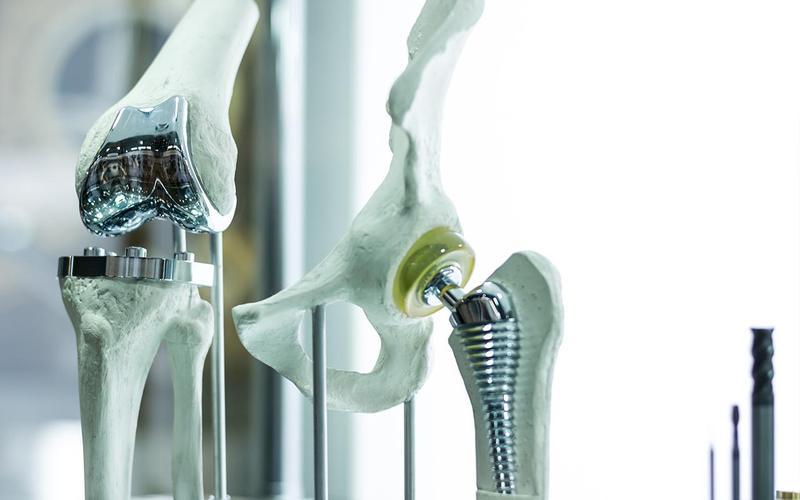Prosthetic Implants
Prosthetic Implants
Implants are a lifeline for many people who want to make themselves and their bodies better. The very concept of implants is quite simple - they are devices that are implanted inside or outside a person and help to improve vitality. Those inside improve the functioning of organs and tissues, while those outside replace missing limbs.
Implants are made from different materials, such as skin, bone. There are also implants made of ceramic, metal, plastic and the like.
They are also divided into those that a person wears permanently and those that are temporary. To give a concrete example: if a person is missing one leg, they use an "artificial leg" which is designed to be worn permanently (except for sleeping and showering). If, for example, a person is fitted with an appliance to repair broken bones, the implant is no longer needed after the bones have healed and is removed.
There is no doubt that such an invention as implants has many advantages and is still successfully helping people today. But like any phenomenon, implants have their disadvantages. Before using it, you need to become thoroughly familiar with them and make a well-informed decision.
An implant is a surgical intervention in your body and this is already a risk. You may feel pain, bruising, swelling and redness. And that's not the worst part.
The most common side effect is infection. This is caused by dirt getting onto your skin during surgery. Because of the infection, you have to wear a drainage and take pills for a while. If the infection continues to develop, the implant has to be removed.
The implant is also affected by time. It can break, wear out, shift and finally stop working. This means that you will have to undergo a new operation and buy another implant.
But if you have already decided that you cannot live without an implant, you should have some tests and a consultation with a specialist, asking questions such as:
Do I need a permanent or removable implant? - This is a very important question, because if the implant is permanent, you need to know the expiry date, and if it is removable, how long it will stay with you.
Do you have any experience in carrying out such operations? - Experience is essential in any business, and even more so in a doctor's practice! The more experienced your doctor is, the more likely you are to have a positive outcome.
_What will my implant be made of?_- What if you are allergic to the material used in the implant? Make sure you get advice on this!
Are there any side effects and what are they? - You need to know and be prepared for the risks after surgery.
Personally, I think this technology is a huge breakthrough! Scientists engineers are improving the quality of implants every time, developing mechanical limbs that help people without legs or arms to walk and work with their hands again. Even with the disadvantages of postoperative pain, I believe this is precisely the kind of technology that aims to help people rather than harm them.
